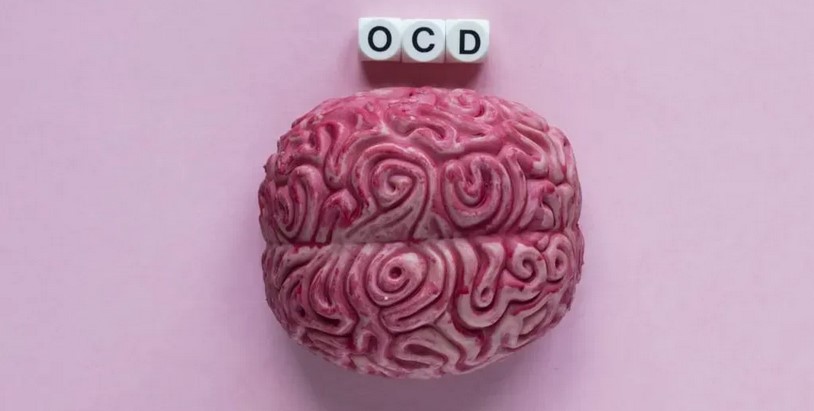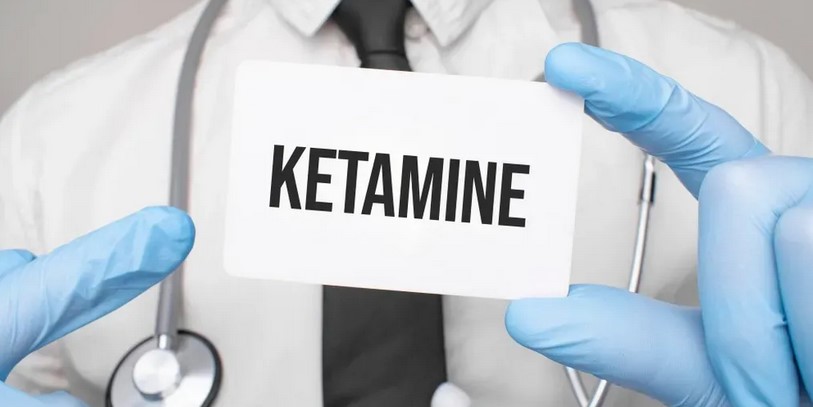Obsessive-compulsive disorders (OCD) typically feature patterns of fears and thoughts that drive recurring actions, or compulsions. Usually, these center around certain themes, like cleanliness. There are common themes and some that seem unconnected.
Obsessive-compulsive disorder (OCD) creates a spiraling thought/behavior cycle that can dominate everyday life, interfering with work and social routines. Habits develop because of obsessive thoughts that stimulate compulsive behaviors. Performing the behavior provides, at best, temporary relief from the obsession. Despite this lack of reward, the OCD cycle continues.
Typically, OCD conditions build around themes, such as fear of germs, checking repeatedly that you’ve done a task such as shutting off the stove, or arranging objects to match a mental blueprint. Along with the common themes, there are other habits that you might not realize are connected to OCD.
Keta Medical Center offers a remarkable new treatment for OCD patients who find little result from traditional therapies such as counseling, antidepressants, and antipsychotics. Low-dose intravenous (IV) ketamine infusions provide a fast-acting intervention that eases the levels of anxiety that often drive OCD.
OCD basics
The causes behind OCD aren’t fully understood. Changes to your brain’s chemistry may be a factor, as can your family history, though a direct genetic marker hasn’t yet been identified. Some aspects of OCD may be learned behavior.
Stressful events in your life can increase your risk of OCD, triggering the unwanted and intrusive thoughts that characterize the condition. OCD can connect with other mental health disorders too, like anxiety, depression, or substance abuse.
3 habits you might not realize are connected to OCD
While OCD usually features both obsessions and compulsions, it’s also possible to have only obsessive thoughts or only compulsive behaviors. You may be aware that your OCD is excessive, or you may not.
Classic OCD themes include things like cleaning, orderliness, counting, loss of control, and demands for reassurance. There are, however, few limits on OCD. Here are three themes (of many) that you may not immediately realize can connect with an OCD condition.
1. Somatic OCD
Autonomic body functions are those that happen without conscious thought. You have little to no control over actions such as breathing, blinking, or your heart beating. A person with somatic OCD fixates on one or more autonomic functions. One patient might obsess about the way they breathe while another might worry about the way they blink. Since many of these body functions happen frequently throughout the day, somatic OCD can rob you of the time necessary to perform work or life tasks.
2. Existential OCD
Pondering the nature of the universe and the meaning of life is a thought process that virtually everyone engages in from time to time. The existential OCD patient can’t move past these unanswerable questions and commits considerable mental effort to them, creating an anxiety spiral that’s difficult to resolve.
3. False memory OCD
The feeling of forgetting something or having a gap in recollections is another common occurrence that most people share. When a false or lost memory triggers an OCD spiral, a patient may fixate on these missing memories. Not only do they assign their own efforts to recover memories, they may reach out to others for reassurance.
There’s often no easy answer to treating OCD. When conventional therapy fails to improve your condition, contact Keta Medical Center to learn more about ketamine infusions for your condition. You can reach us at any of our three locations, by phone or online, to book your appointment.






